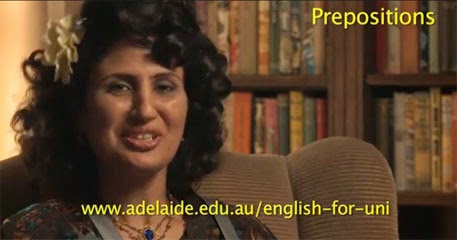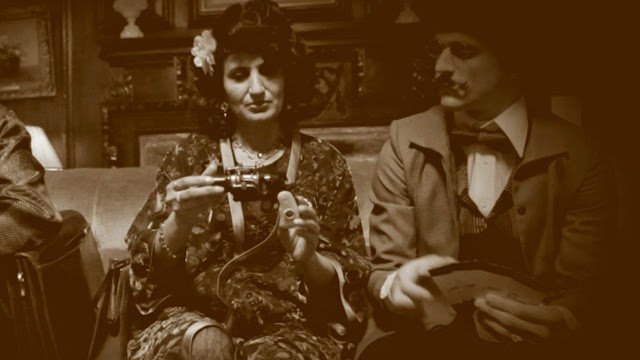“How does a word get into the dictionary?” School student Sean posed this question to the Australian ABC Behind the News (BTN) team, because he had invented a word and was keen to see it adopted in a dictionary.
BTN contacted Ms Parrot, who, when she is not saving English grammar, does research on dictionaries and is the current president of AustraLex, the Australasian society of lexicography. Lexicography is the art and science of dictionary writing.
Writing a dictionary is a fascinating process. What entries do you include? How do you define these words? How much information should you give? Have a look at the small online Australian Cultural Dictionary (http://www.culturaldictionary.org/), based on words suggested by students at the University of Adelaide’s English Language Centre. Writing this dictionary took over a year, as each definition had to be tested for comprehensibility by international students, and all the entries included a photograph, a real-life example sentence, usage notes and an audio file with Australian pronunciation. You can read the full details of how the dictionary was made in a forthcoming journal article entitled “Kangaroos, koalas and Kiwis: The challenges of creating an online Australian cultural dictionary for EAL learners” in the journal Lexikos. All the words in that dictionary were frequently seen, but not always understood, by international students in Australia.
To get a word into the dictionary, then, you need to get it used often, in many different places: online, in conversation and in different types of media. Sean’s word is ‘combertuna’, which means ‘a string of bad luck’. Let’s see how often we can use it, and help him to get it into the dictionary.
BTN contacted Ms Parrot, who, when she is not saving English grammar, does research on dictionaries and is the current president of AustraLex, the Australasian society of lexicography. Lexicography is the art and science of dictionary writing.
Writing a dictionary is a fascinating process. What entries do you include? How do you define these words? How much information should you give? Have a look at the small online Australian Cultural Dictionary (http://www.culturaldictionary.org/), based on words suggested by students at the University of Adelaide’s English Language Centre. Writing this dictionary took over a year, as each definition had to be tested for comprehensibility by international students, and all the entries included a photograph, a real-life example sentence, usage notes and an audio file with Australian pronunciation. You can read the full details of how the dictionary was made in a forthcoming journal article entitled “Kangaroos, koalas and Kiwis: The challenges of creating an online Australian cultural dictionary for EAL learners” in the journal Lexikos. All the words in that dictionary were frequently seen, but not always understood, by international students in Australia.
To get a word into the dictionary, then, you need to get it used often, in many different places: online, in conversation and in different types of media. Sean’s word is ‘combertuna’, which means ‘a string of bad luck’. Let’s see how often we can use it, and help him to get it into the dictionary.























